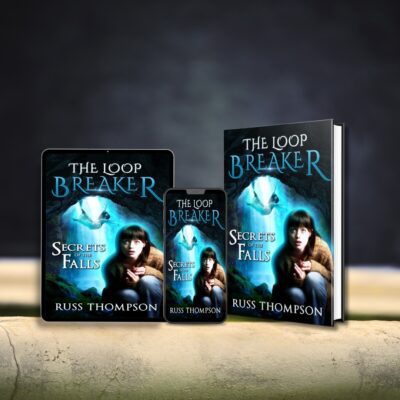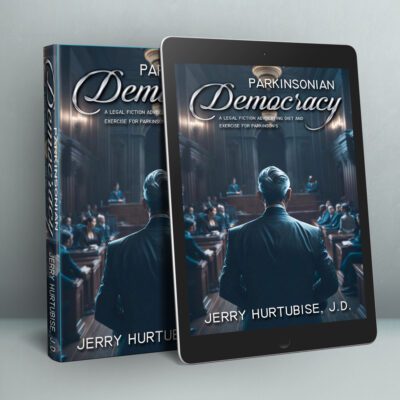Anyone can write a novel.
This is technically true. You don’t need a degree in English Literature or five years of experience blogging on your favorite fiction site to open a word document and start typing. However, fiction requires practice and skill. Don’t assume that because you can write the next great American masterpiece that you’re going to without putting in the time to really learn the narrative craft. Allow us to help you on your way to fame and fortune by alerting you to some common beginning writer mistakes.
Sentence Structure
Let’s start with the building blocks of the novel: sentences. A simple sentence is easy to write, but writers want to craft evocative imagery and generate suspense. That requires more than just a string of simple sentences. Unfortunately, it’s also where new writers can go off the rails.
- Sentence variety – A narrative comprised of similar sentences will be boring or daunting to read. This also applies to starting contiguous sentences the same way.
- Repetition – This literary device can be put to good use. However, if used improperly or too frequently, it can bog down the reader.
- Sentence complexity – Sometimes, in their effort to avoid simple sentences, writers try to craft the most complex sentences they can. This can make the narrative confusing and hard to read.
Grammar
Some, but not all, grammar rules can be broken in creative writing. Many grammar rules are essential for cueing the reader into the meaning of a sentence. Others are a little more fluid. Know which rules you can break and which you can’t.
- What you can do:
- Sentence fragments – These can help with characterization and pacing. They can also be great for setting a mood.
- Incorrect punctuation – Sometimes punctuation can be used creatively in writing, like when you want to emphasize Every. Single. Word.
- Run-on sentences – These can also help characterize and set moods. Like sentence fragments, they can have a poetic effect.
- Rules you can’t break:
- Modifiers – Make sure modifying clauses are modifying the right thing.
- Subject – verb agreement – Technically, this is ok for dialogue or a narrative voice with an affect. But it’s not ok for standard narration.
- Pronoun-antecedent agreement – Again, this is ok in dialogue but avoid it in standard narration.
Basically, you want to ask yourself two questions: Is there a narrative purpose for breaking this grammar rule? If so, does it inhibit the reader’s understanding? If it passes both tests, then knock yourself out.
Narrative Choices
Let’s move away from the nuts and bolts and focus on style. Narration has a low floor and a high ceiling. In short, it’s easy to tell a story but difficult to tell it well. The following are common pitfalls for new writers when working with descriptions and characters.
- All of their characters are them. They say “write what you know,” but it helps to try to put yourself in someone else’s shoes.
- Too many points of view. We can’t all be George R. R. Martin right out of the gate. It’s hard enough developing one voice when you’re a fledgling writer, you don’t want to worry about five or more.
- Too much front-loading of descriptions. We don’t need to know everything about a character’s looks and demeanor when we first meet them. Give us just enough to have a vague picture or impression and allow the rest to flow through dialogue, action, and intermediary descriptions.
- Falling back on favorite similes or repeating descriptions. If you’ve referred to a character as raven-haired, it won’t do to call her raven-haired a dozen more times.
Big Picture
Finally, don’t forget the overarching point of your story (yes, your story needs a point). Have themes and a target audience in mind. Knowing these before you get started will make marketing the book much easier.







